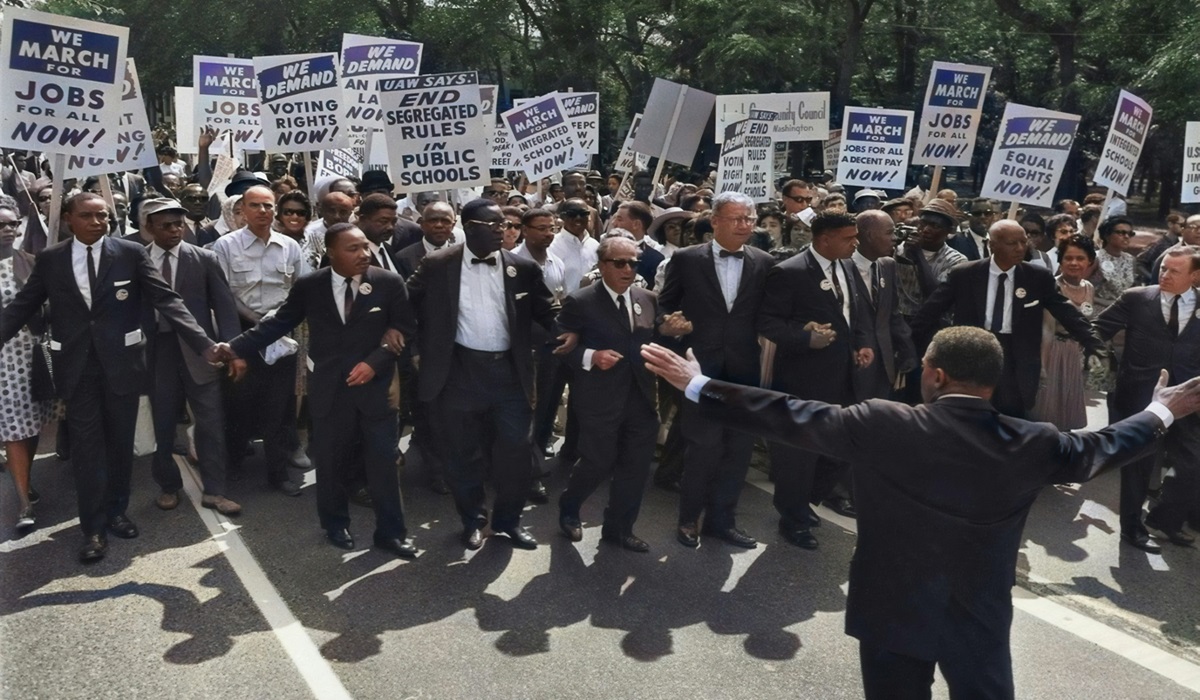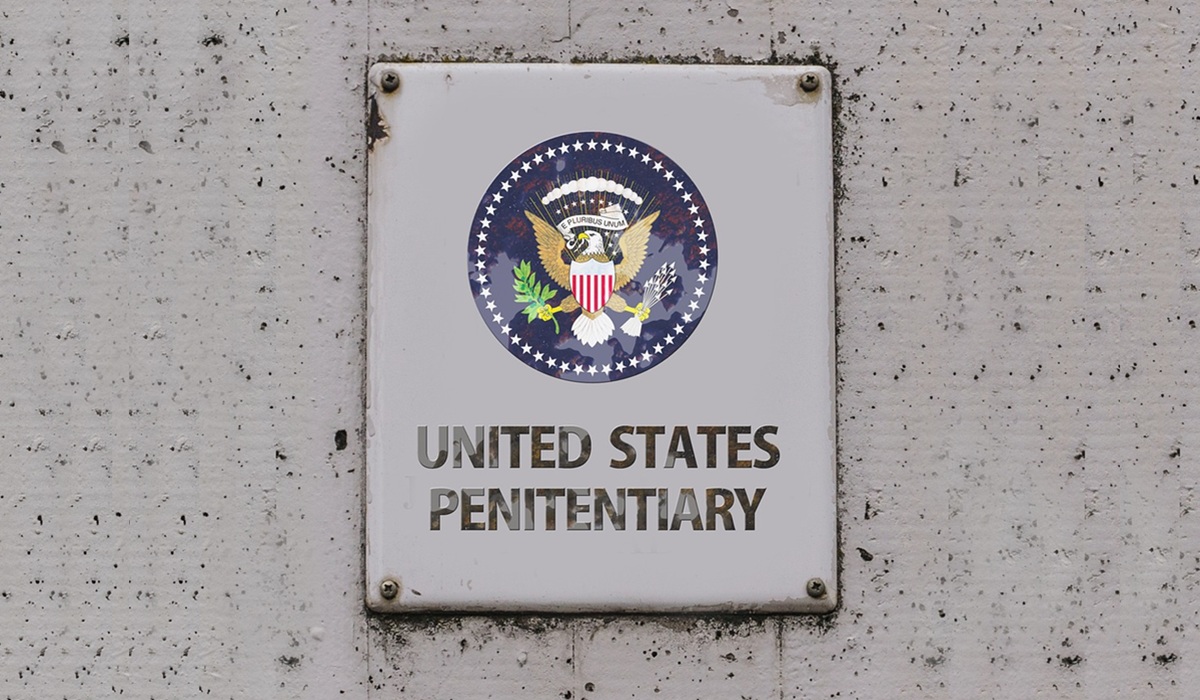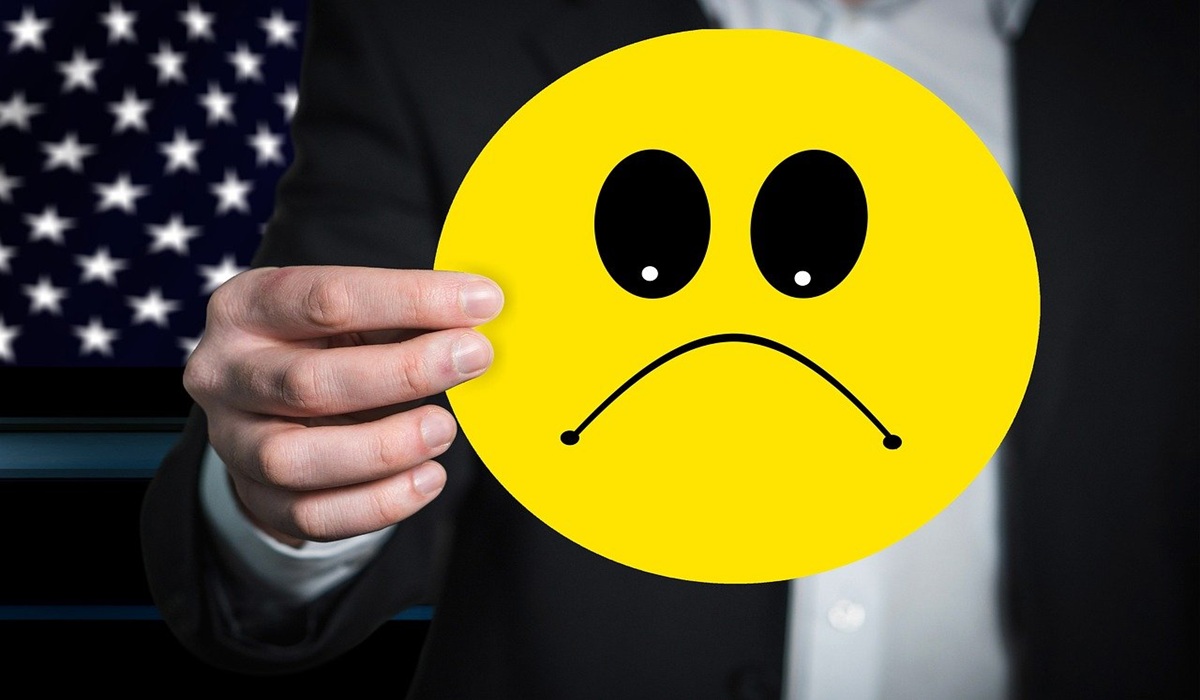A Nation’s Promise: Why Dr. Martin Luther King Jr.’s Dream of Equality Remains Unfinished
- Ingrid Jones
- U.S.A
- January 20, 2025

Image Credit, History in HD
Today, as the nation observes Martin Luther King Jr. Day, we reflect on the more than six decades since Dr. King delivered his powerful “I Have a Dream” speech on the steps of the Lincoln Memorial. His vision of a nation where individuals are judged by the content of their character rather than the color of their skin remains one of the most stirring calls to justice in American history. Yet, over 61 years later, the question lingers: is Dr. King’s dream closer to being realized, or does it remain an unfulfilled aspiration?
Undeniably, there has been progress. America has seen strides in racial justice, judicial reforms, and educational opportunities. Landmark legislation such as the Civil Rights Act and the Voting Rights Act has transformed the landscape of equality in ways that were unimaginable during Dr. King’s lifetime. Barriers have been broken, with African Americans and other minorities achieving representation in politics, education, and business. However, the progress often feels uneven and incomplete, leaving the dream elusive for many.
Racial inequality persists in ways that undermine the ideals King championed. African American communities still grapple with systemic disparities in wealth, education, and health care. The racial wealth gap remains staggering, with the median wealth of white families vastly outstripping that of Black families. Schools in predominantly Black neighborhoods frequently suffer from underfunding, while discriminatory practices in housing and employment continue to impede progress. Moreover, the justice system disproportionately impacts African Americans, with higher incarceration rates and harsher sentences compared to their white counterparts.
The dream is further clouded by persistent prejudice and social division. Hate crimes remain a troubling reality, and public discourse often highlights the deep racial divides that still plague the nation. These challenges raise a fundamental question: what will it take for Dr. King’s dream to become a reality? Is America capable of shedding its entrenched systemic racism, or is the dream destined to remain a beacon of hope rather than a tangible achievement?
For King’s vision to materialize, the country must confront these issues with honesty and resolve. It requires transformative action, including investing in underserved communities, reforming the criminal justice system, and addressing economic inequalities head-on. Education plays a critical role, as fostering understanding and empathy among younger generations is essential to breaking the cycle of prejudice.
Dr. King spoke of the “fierce urgency of now,” a call to action that remains as vital today as it was in 1963. His dream is not a relic of the past but a challenge to the present and a guidepost for the future. As America commemorates his legacy, the nation must decide whether it will be content with incremental progress or rise to the occasion to fulfill the dream of true equality. The choice rests with all of us—to move beyond hope and work tirelessly to ensure that the dream is not just remembered but finally realized.








